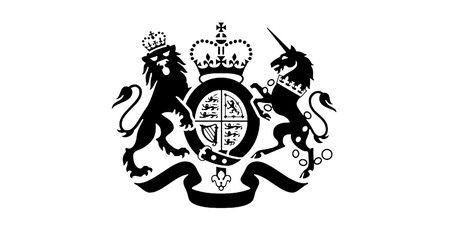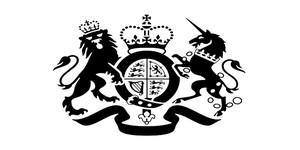DCMS publishes Online Harms White Paper
April 8, 2019 | 11:31
Companies: #eskenzi-pr #facebook #open-rights-group #uk-government

The UK Government's Department for Digital, Culture, Media, and Sport (DCMS) has published a white paper proposing a range of methods for addressing what it describes as 'online harms', including the appointment of an independent regulator for social media companies.
The Online Harms White Paper, published today by the Department for Digital, Culture, Media, and Sport (DCMS) as part of a 12-week consultation, sets out a range of what the government describes as 'tough new measures' targeting both social media companies and any services which allow for the upload and sharing of user-generated content (UGC).
These measures include, but are not limited to: A statutory 'duty of care' which would require companies to take increased responsibility for the safety of their users; increased requirements to detect and block child abuse and terroristic materials; the formation of an independent regulator with the power to force social media platforms and other UGC services to publish annual transparency reports; the legal requirement for such companies to respond to user complaints and to address them quickly; the creation of codes of practice which could include measures to reduce the spread of misleading and harmful disinformation - so-called 'fake news' - through the employment of dedicated fact-checkers, in particular in the run up to elections; a framework, dubbed 'Safety by Design', which is designed to assist companies in integrating online safety features in new applications and platforms; and a media literacy strategy which would educate users to recognise and deal with a range of deceptive and malicious behaviours including 'catfishing, grooming, and extremism'.
'The internet can be brilliant at connecting people across the world - but for too long these companies have not done enough to protect users, especially children and young people, from harmful content,' claims Prime Minister Theresa May of the white paper's focus. 'That is not good enough, and it is time to do things differently. We have listened to campaigners and parents, and are putting a legal duty of care on internet companies to keep people safe. Online companies must start taking responsibility for their platforms, and help restore public trust in this technology.'
'The era of self-regulation for online companies is over,' adds Digital Secretary Jeremy Wright. 'Voluntary actions from industry to tackle online harms have not been applied consistently or gone far enough. Tech can be an incredible force for good and we want the sector to be part of the solution in protecting their users. However those that fail to do this will face tough action. We want the UK to be the safest place in the world to go online, and the best place to start and grow a digital business and our proposals for new laws will help make sure everyone in our country can enjoy the Internet safely.'
The move hasn't been welcomed by privacy and free speech advocates, however. 'The government's proposals would create state regulation of the speech of millions of British citizens,' warns Jim Killock, executive director of the Open Rights Group, of the paper's proposals. 'We have to expect that the duty of care will end up widely drawn with serious implications for legal content, that is deemed potentially risky, whether it really is nor not.
'The government refused to create a state regulator the press because it didn’t want to be seen to be controlling free expression. We are skeptical that state regulation is the right approach. The government is using Internet regulation as a blunt tool to try and fix complex societal problems. Its proposals lack an assessment of the risk to free expression and omit any explanation as to how it would be protected.'
The general public, meanwhile, might be more accepting of the proposals: In a survey of 2,000 UK citizens carried out by Eskenzi PR in February this year, 83 percent of respondents stated that Facebook needs to be regulated while only four percent stated that it did not, 73 percent felt that the social networking service was actively damaging to people's mental health, and 70 percent believed that 'fake news' spread via such platforms is damaging democracy.
The Online Harms White Paper is available to download now from the DCMS website, where interested parties are also invited to submit their responses to the consultation before it closes at midnight on July 1st 2019.

MSI MPG Velox 100R Chassis Review
October 14 2021 | 15:04








Want to comment? Please log in.